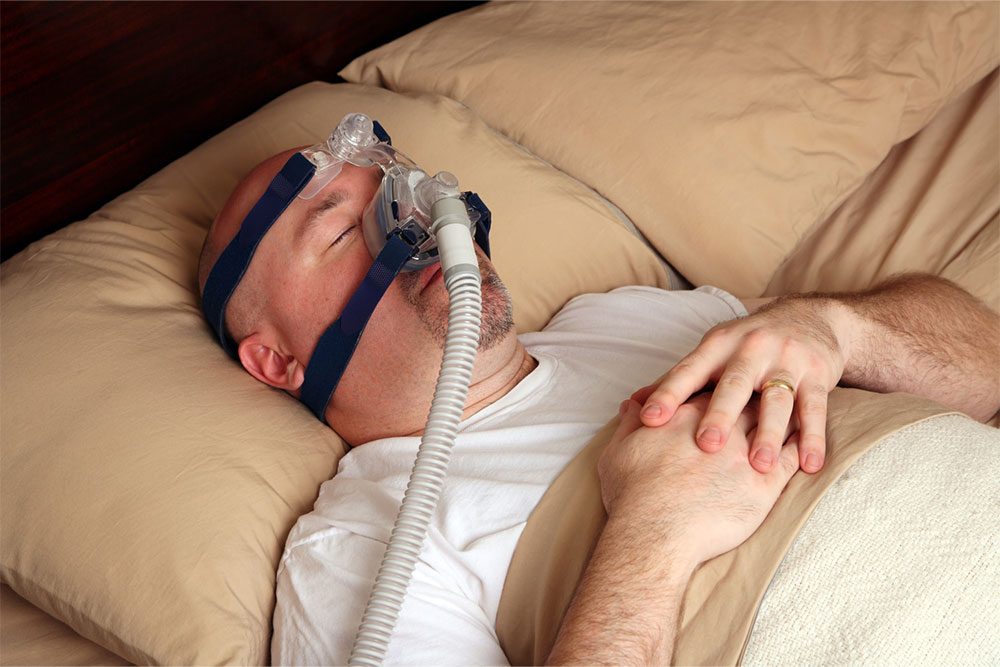Understanding Long-Term Constipation: Causes and Solutions
Chronic constipation involves infrequent, difficult bowel movements lasting over weeks, often caused by blockages, hormonal issues, or neurological problems. Treatment includes dietary changes, exercise, hydration, laxatives, and in severe cases, surgery. Accurate diagnosis is vital for effective management.
Sponsored

Chronic constipation is characterized by infrequent, difficult, or incomplete bowel movements lasting for several weeks. It is often diagnosed when a person has fewer than two bowel movements per week. This persistent issue may require medical intervention depending on its underlying cause.
Symptoms of chronic constipation include infrequent bowel movements, hard stools, straining during defecation, sensation of incomplete evacuation, and difficulty passing stool, especially if these last for over three months.
Having only one or two bowel movements weekly.
Passing hard stools.
Straining to defecate.
Sensation of incomplete emptying.
Difficulty passing stool.
Causes of chronic constipation vary. Accurate diagnosis is essential to determine the appropriate treatment.
Blockages in the rectum or colon, such as colon or rectal tumors, anal fissures, bowel strictures, rectocele, or obstructions, contribute to the condition.
Hormonal disturbances from diabetes, thyroid disorders, or pregnancy can also lead to chronic constipation. In pregnancy, symptoms often resolve postpartum.
Neurological issues affecting nerves controlling the rectum and colon, such as stroke, multiple sclerosis, spinal injuries, or Parkinson's disease, can cause constipation. Managing the underlying neurological condition is crucial for relief.
Most cases of chronic constipation start with lifestyle and dietary adjustments:
Increase fiber intake and consume fresh foods.
Engage in regular physical activity suitable to health status.
Stay well-hydrated to promote healthy digestion.
Utilize laxatives if necessary for easier bowel movements.
Perform pelvic floor exercises like Kegel exercises to strengthen muscles involved in defecation.
If these measures are ineffective, doctors may prescribe medications. Surgery is considered a last resort for severe cases.






